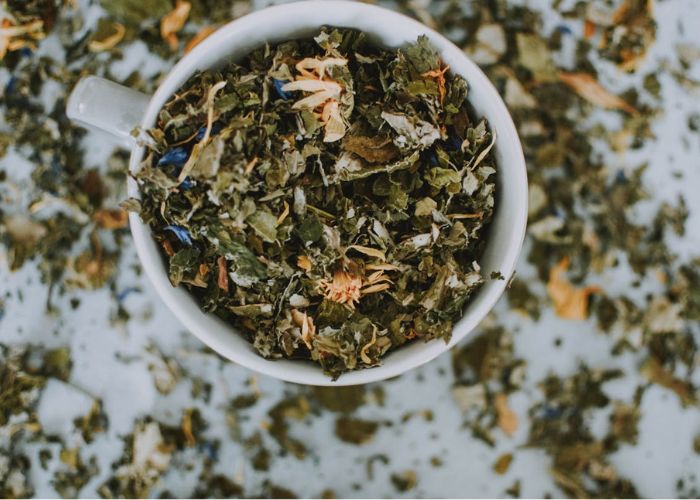
Collagen can’t directly make you shed pounds, but it might help support weight loss in a few ways.
First off, it’s high in protein, which helps you feel full and satisfied, so you might eat less overall.
Plus, it can help maintain muscle mass, which is crucial for keeping your metabolism humming along.
Also, collagen can help with joint health, making it easier to exercise and stay active, which is key for weight management.
But remember, there’s no magic bullet for weight loss, so it’s still important to eat a balanced diet and stay active.
Do I need it
Whether you need collagen or not depends on your specific health goals and needs.
If you’re looking to support your joints, skin, or hair, adding collagen to your diet might be helpful.
Also, if you’re not getting enough protein from other sources, collagen could be a good way to bump up your intake.
But if you’re already getting plenty of protein and don’t have specific concerns about your joints or skin, you might not need it.
It’s always a good idea to talk to a healthcare professional before adding any new supplement to your routine.
Five sources of collagen for each category
Vegetarian:
- Plant-based collagen supplements made from ingredients like algae or seaweed extracts.
- Foods rich in vitamin C, such as citrus fruits, strawberries, and bell peppers, which can help boost your body’s natural collagen production.
- Silica-rich foods like bananas, oats, and cucumbers, which support collagen synthesis.
- Soy products like tofu and tempeh, which contain amino acids that are building blocks for collagen.
- Legumes like beans, lentils, and chickpeas, which provide protein and amino acids necessary for collagen production.
Vegan:
- Plant-based collagen supplements derived from ingredients like fruits, vegetables, and seeds.
- Foods rich in amino acids such as beans, lentils, quinoa, and nuts, which are essential for collagen synthesis.
- Seaweeds like nori, wakame, and spirulina, which are high in vitamins and minerals that support collagen production.
- Certain vegetables like spinach, kale, and broccoli, which are rich in antioxidants that protect collagen from damage.
- Fruits like berries, mangoes, and papayas, which provide vitamin C needed for collagen formation.
Non-vegetarian:
- Bone broth made from animal bones (such as chicken or beef), which is a rich source of collagen.
- Fish collagen supplements derived from fish scales or skin.
- Gelatin desserts or snacks made from animal collagen.
- Chicken skin, pork skin, and other animal skin sources, which contain collagen.
- Beef or chicken cartilage, which can be consumed in soups or stews for collagen intake.
https://www.medicalnewstoday.com/articles/does-collagen-help-you-lose-weight

